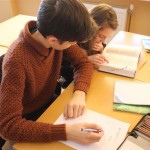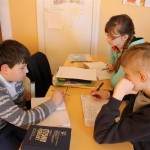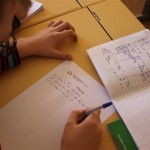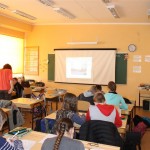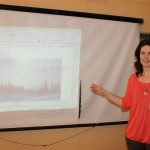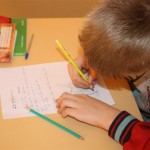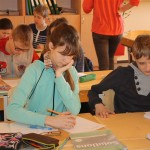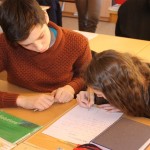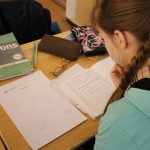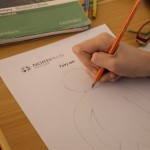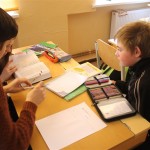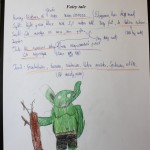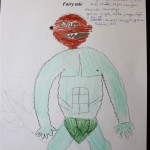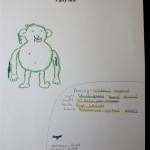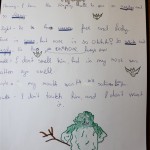Language detectives AT Maltas secondary school
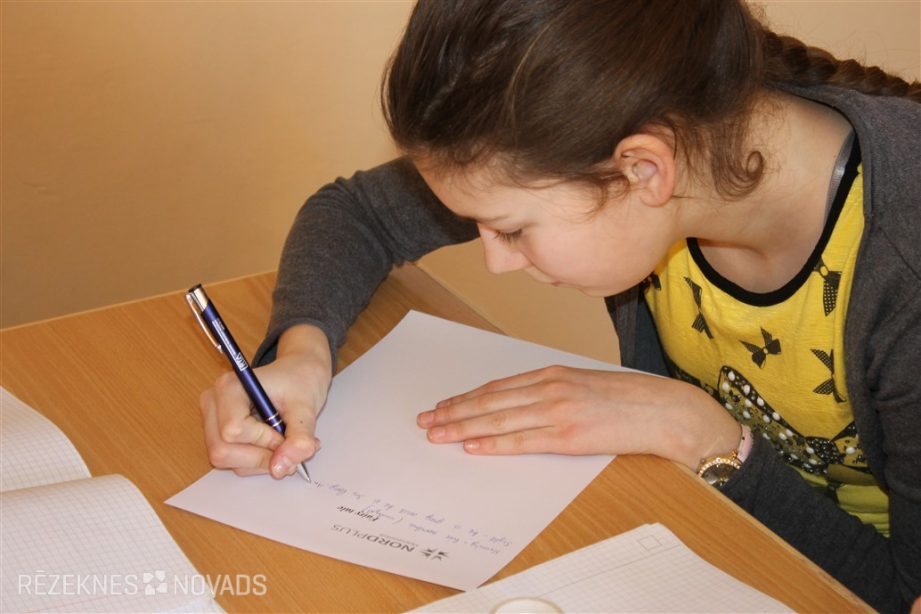
The project “Development of new approaches to language learning in Nordic and Baltic countries” (“Developing the Language Awareness Approach in the Nordic and Baltic valstīs”) was concluded in April (“Developing the Language Approach Approach in the Nordic and Baltic countries”), which was implemented in 2013-2016 by the municipality of Rezekne in collaboration with the Rēzekne Technology Academy. At the time of the project, 21 project participants – school teachers and university lecturers from seven countries (Denmark, Latvia, Lithuania, Estonia, Iceland, Finland and Sweden) – participated in the exchange of experience, and also prepared and approved educational materials using pluralistic approaches to languages and cultures, i.e. simultaneous use of several languages or cultures in the learning process.
A multicultural society is a reality of the European Union. This means that the learning process should not be limited to the use of a bilingual approach in hours. The knowledge of languages, particularly the interest in acquiring them, opens up much greater opportunities for young people not only in the labour market of Latvia but also in neighbouring countries such as Lithuania, Estonia or Scandinavia. In order to make it interesting for students to be open to all young people, different approaches are used in the educational process, giving particular importance to pluralistic approaches to languages and cultures in recent years. AT Maltas, the Deputy Director of High School in the field of training and the cultural teacher Sandra Schtekele says that the language is a norm and that the school is looking for an increasingly new way to make this process easier for pupils.
“Today your class has received a mysterious letter, so you all need to become a language detective and find a sender, but first of all you must understand what is written in the letter,“ at the beginning of that hour, students of class 8 are informed by the Rēzekne municipality'S Maltas secondary school teacher, Skaidritte Babre, and distribute worksheets with the following text “jeg hedder Thomas”. Jeg er elleve år gammel. Jeg Bor i København. I min fritid spiller jeg Fodbold, og jeg spiller også Klaver. In contrast, the English-language teacher Inna Mironova, with Class 6, is studying how it is possible to feel the world of Norwegian fairy tales using all five senses. Students learn to learn the image of other cultures and promote their favorite fairy tales from childhood.
In order to obtain more information on the pluralistic approach to languages and cultures, Maltas secondary school teachers prepared and adapted teaching materials in their schools, as well as participated in exchanges of experience and seminars in Reykjavik, Vilnius and Riga. Among the participants of the seminars, special interest was created by the prepared worksheets for all classes of classes, as well as the language biographies created by pupils, or the languages used in their own family.
During the project, the Latvian teachers' opinion on the simultaneous use of several languages or cultures in the learning process was investigated. As the study reveals, teachers welcome the introduction of a new approach to language learning, but few of them are now willing to use it in their work. Most teachers manage a number of languages, including Latgalian, so that this knowledge can help them better understand other cultures and transfer their experience to pupils if such an approach is also integrated, such as geography, mathematics, history or other subjects. Teachers with more than 20 years of age would agree to use different languages in their learning hours, thereby promoting pupils' interest in other cultures, countries and their opportunities. Teachers with less than 10 years of age are mostly not prepared to use this approach in their work. Teachers who teach their subjects at primary school, primary school and secondary school consider that the use of several languages in learning hours can contribute to the tolerance of the public against people speaking in another language. However, teachers who work only in primary or secondary schools do not agree with this assertion, explaining this with the lack of time and the need to prepare pupils for centralised examinations.
Details of the results of the project can be found on the social network “Facebook” by entering the project name DELANOBA. Following the final conference in April, in the Danish capital Copenhagen, the project participants will agree how to make the training materials available to teachers of all EU countries and also parents who want their children to grow open in multicultural society and be full of its members.
Project DELANOBA (“Developing the Language Awareness Approach in the Nordic and Baltic countries”) coordinator Inta Rimšāne
Photo: Vičeslavs Aleksejevs, Maltas high school computer network administrator
